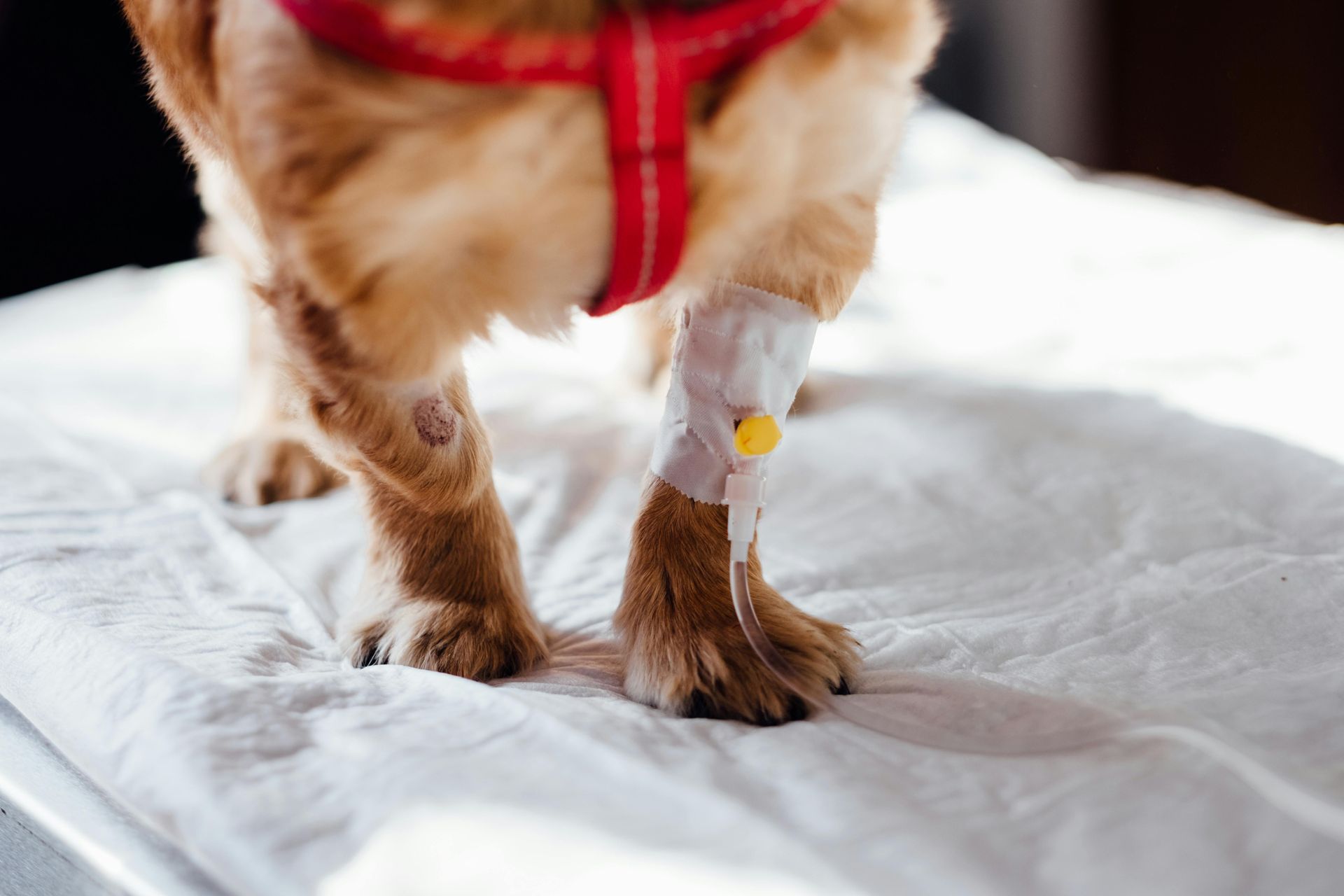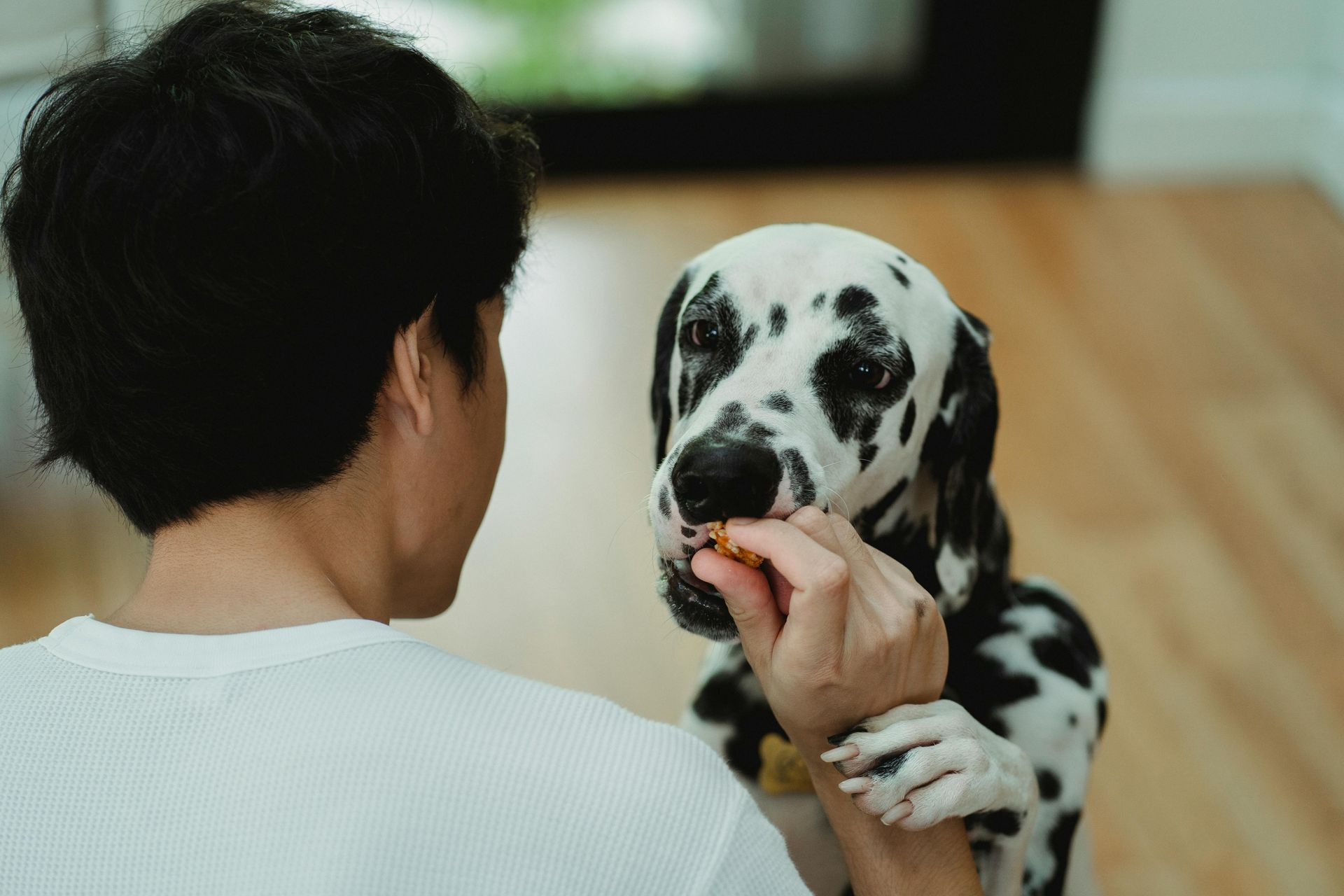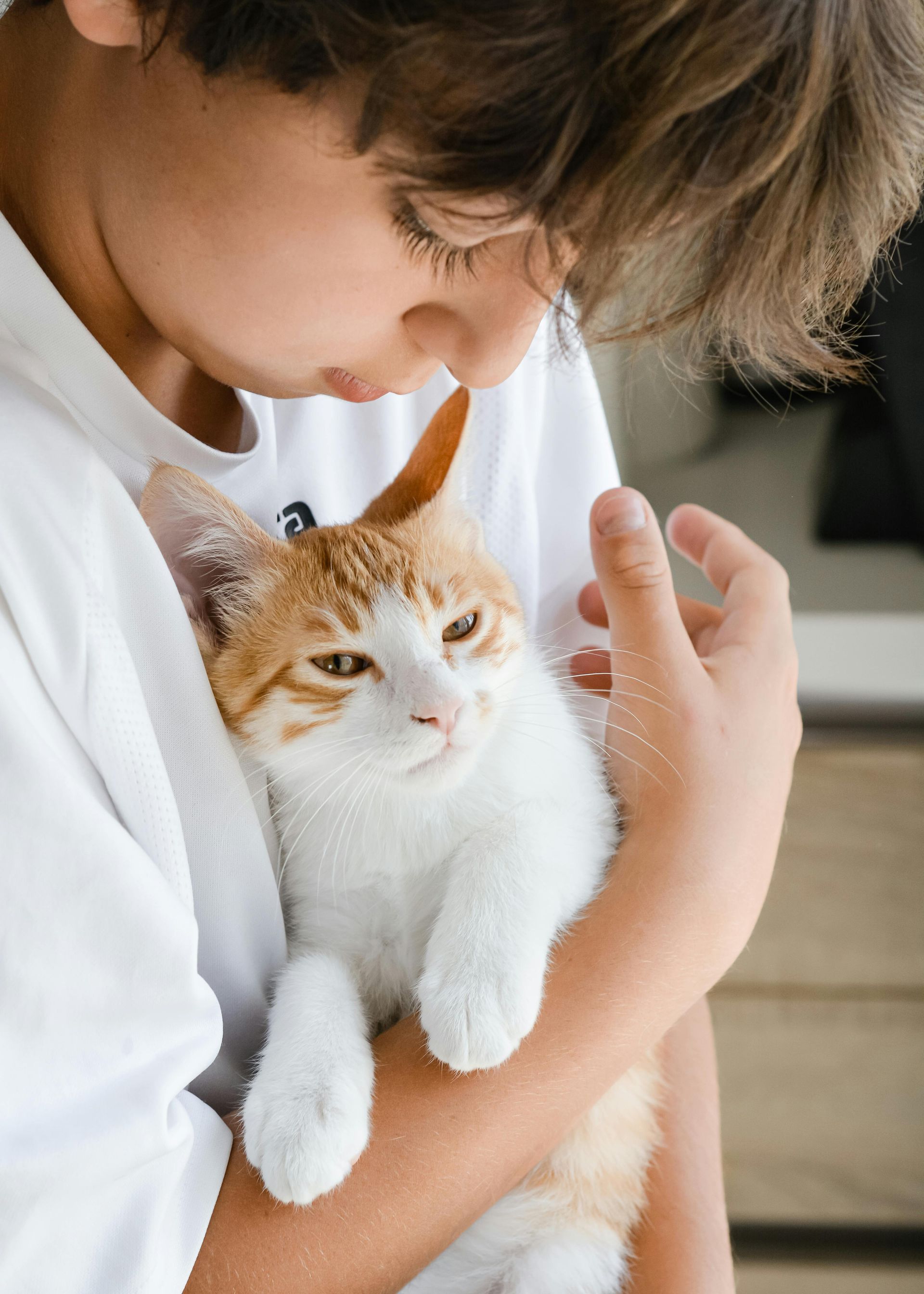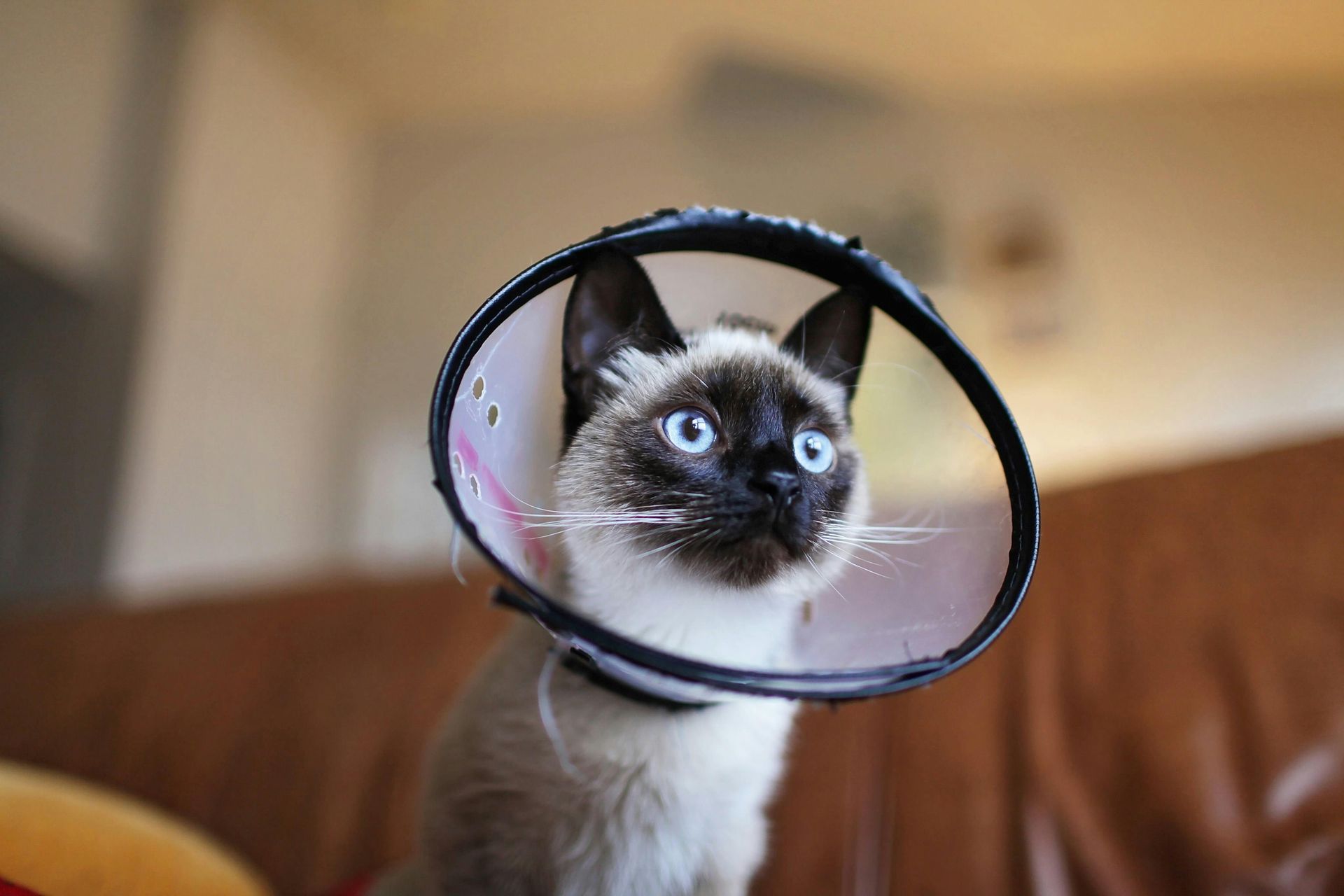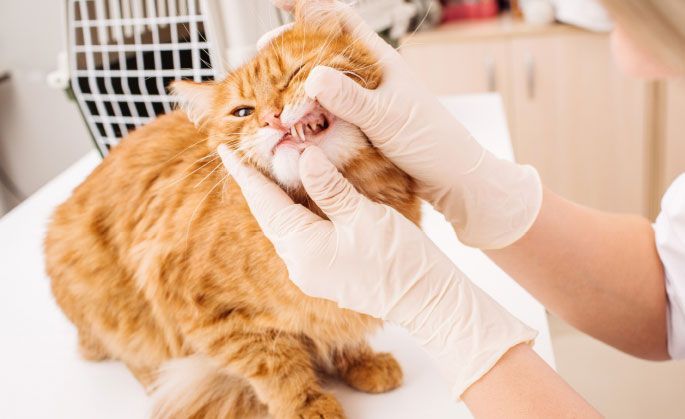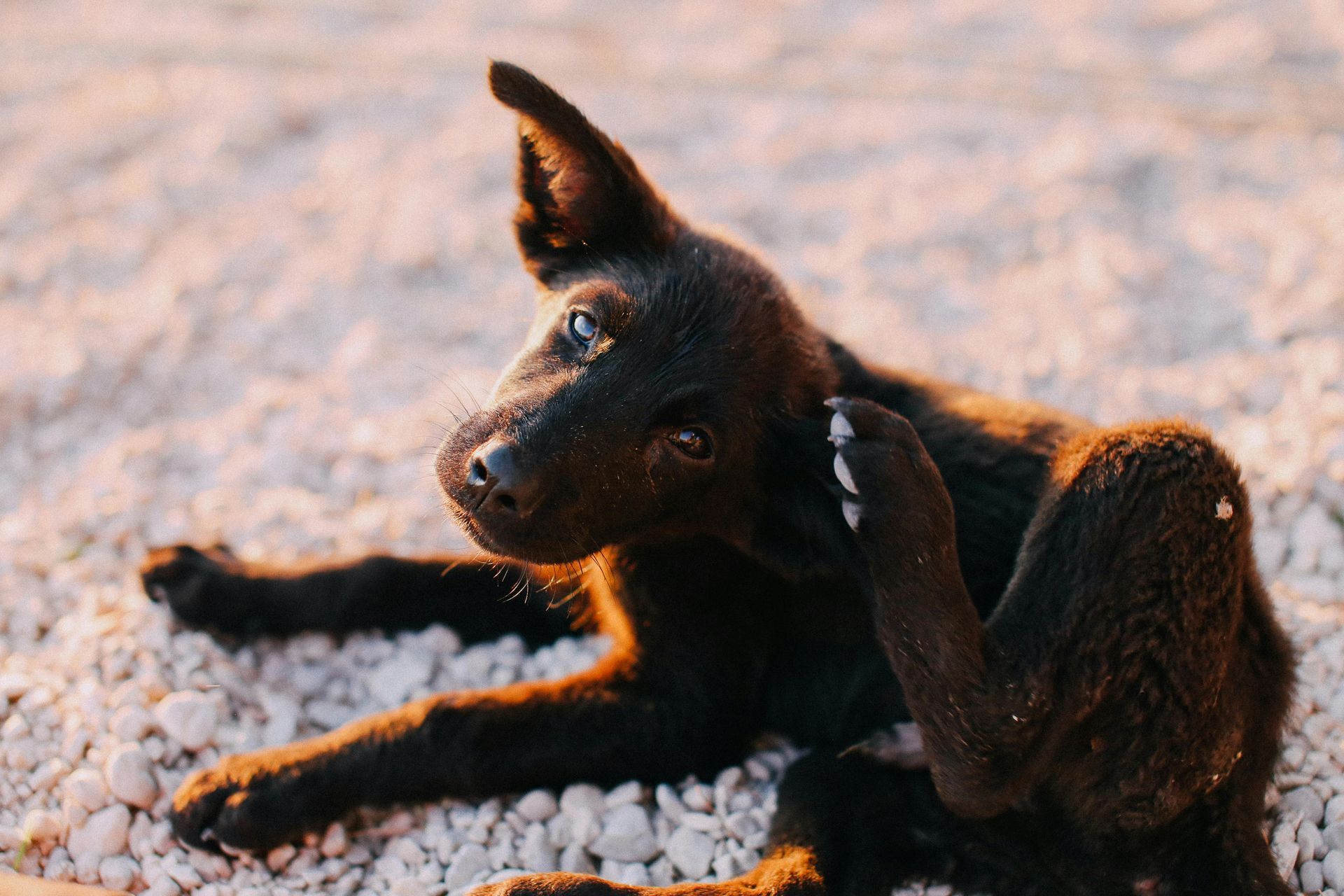Ophthalmic Care
Ophthalmology is the specific area of pet care involving treatment of an animal’s eyes. For certain breeds, this service also involves the examination and certification of breeding dogs to verify their eyes are in good condition.
Eye examinations require specific equipment, such as an ophthalmoscope (a magnifying light to look into the eye). Our veterinarians can also use a special dye called fluorescein which fluoresces a green/yellow colour under UV light to identify any damage to the cornea (the clear layer at the front of the eye). We may also use a tonometer to check the pressure inside your pet’s eye which is raised with a condition called glaucoma.
Many eye conditions can be treated medically, however, specific conditions may require surgery.
Our practice is fully equipped to offer the following eye surgeries:
- Enucleation (removal) of the eye for severe glaucoma or cancer cases
- Entropion surgery to prevent eye damage from inward pointing eye lashes/eyelids
- Ectropion surgery to correct outward facing lower eyelids
- Eyelid tumour removal
- Cherry eye surgery to correct a protruding third eyelid in dogs
- Surgery to repair corneal ulcers (ulcers on the eye surface)
Our veterinarians can also refer your pet to a specialist veterinary ophthalmologist for specialised procedures such as eye ultrasound, vision testing or cataract removal.

